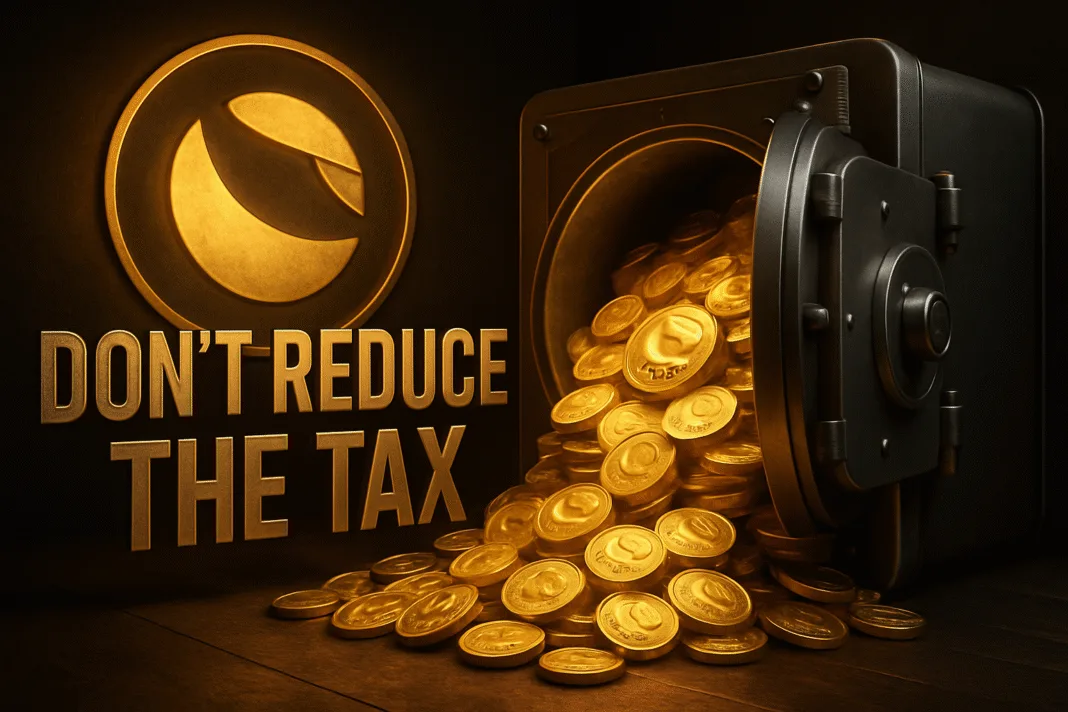The burn tax has become one of the most crucial mechanisms in maintaining and rebuilding the Terra Luna Classic (LUNC) ecosystem. Some voices in the community have recently suggested lowering the tax rate to encourage higher trading volumes. While this argument might sound appealing at first, reducing the tax at this stage could severely harm the network’s recovery efforts.
1. The Burn Tax Fuels the Community Pool
Without the current tax, the Community Pool would be starved of resources. This pool is essential for funding development, marketing, and initiatives that drive long-term growth. A premature tax reduction would cut off the ecosystem’s ability to reinvest in itself, leaving projects underfunded and progress stalled.
2. Maintaining the Oracle Pool
The Oracle Pool plays a vital role in the network’s infrastructure by funding validator rewards and ensuring blockchain stability. The burn tax directly contributes to sustaining this pool. Reducing the tax now would undermine validator incentives, potentially weakening network security and decentralization.
3. Deflationary Pressure is Needed
One of the biggest goals of the LUNC community is to reduce the token’s massive supply. The burn tax is the primary deflationary mechanism currently in place. Cutting it back would slow down token burns dramatically, delaying supply reduction and making price recovery much harder to achieve.
4. No Better Alternative Exists Yet
Some argue that the ecosystem could switch to a different funding model. However, until a more effective and sustainable alternative is fully designed, tested, and implemented, removing or reducing the tax would be a step backward. The current system, while not perfect, is the backbone of LUNC’s deflationary and funding structure.
Conclusion
The burn tax is more than just a number, it is the lifeline of Luna Classic’s recovery. It powers the Community Pool, sustains the Oracle Pool, and ensures a deflationary trend necessary for long-term success. Until the community agrees on and implements a superior mechanism, reducing the tax would only weaken the network’s ability to rebuild and thrive.

